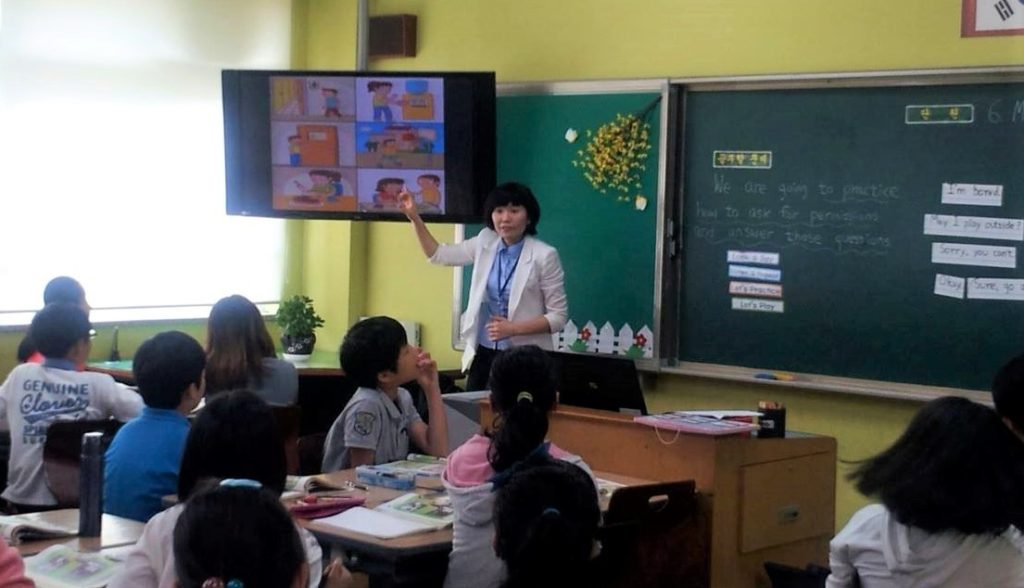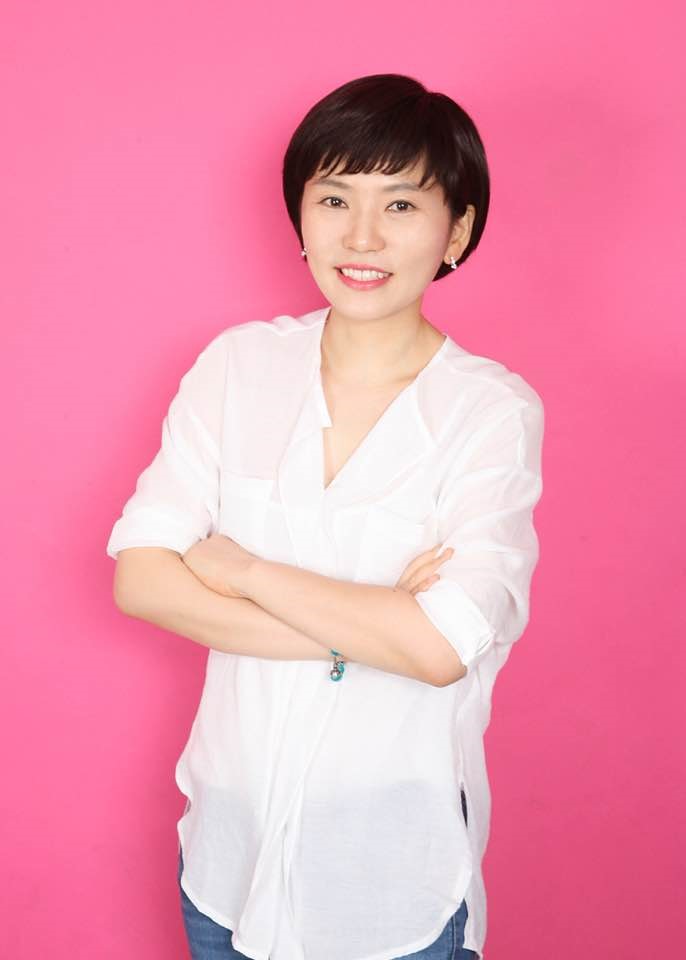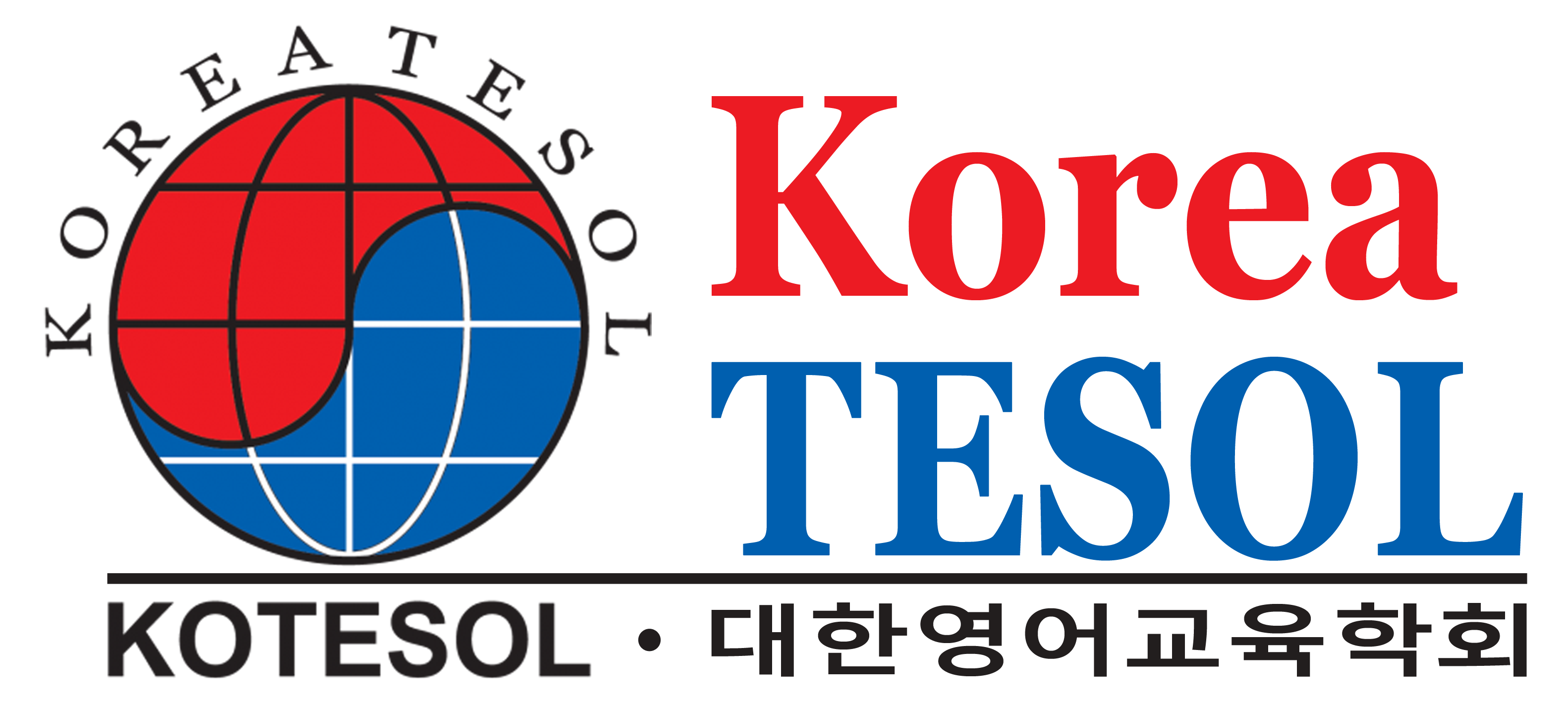Team-Teaching with Native Speakers
Written by Dr.David Shaffer.
Team-teaching has become a common practice at public schools in Korea where native English-speaking teachers are assigned. The concept was introduced on a large scale in Korea by the U.S. Peace Corps volunteers and practiced in the late 1960s and the 1970s. It was revived by the Korean government with the launching of their English Program in Korea (EPIK) in the late 1990s. Because it involves the collaboration and coordination of two teachers, it involves an extra measure of effort. The Gwangju News was fortunate to be able to set up an interview with a veteran team-teacher, Yun Seongsuk, who is also a lifetime member of the Gwangju-Jeonnam Chapter of Korea TESOL. — Ed.
Gwangju News (GN): Thank you for agreeing to do this interview for the Gwangju News on teaching English with native English speakers. To start off, could you give us some general information about who Yun Seongsuk is?
Yun Seongsuk: I’m a teacher who enjoys learning and teaching English. I am a graduate of Gwangju National University of Education and majored in elementary education. I was a homeroom teacher for about seven years, and I have been an English subject teacher for about eight years now. I was also the team leader managing the Ojeong English Center for two years. It is one of only four government-funded English Centers in Gwangju.
Then, I took a two-year break from teaching to get my master’s in a government program for elementary school teachers. I majored in elementary English education at Korea National University of Education in Cheongju. Now I am an English subject teacher at Ojeong Elementary School and also the head teacher in charge of curriculum development and related activities such as open classes.
Early in my career, I was part of a six-month intensive teacher-training program at Northwest College in Powell, Wyoming. It was sponsored by the Gwangju Office of Education. I really enjoyed experiencing life in a different culture as well as interacting with U.S. students and observing their classes.
GN: Why did you decide to become an elementary school teacher?
Yun Seongsuk: Well actually, I had many dreams of what I wanted to be – writer, TV producer, singer-songwriter, pharmacist, and teacher. Though one of my dreams was to be a teacher, I was not sure if my personality was suited for teaching. Then, in the third year of high school, one of my favorite teachers who I look up to took me under his wing and recommended elementary-school teaching, saying that it was well suited for my character. His words influenced me to decide to become an elementary school teacher.

GN: When you were a university student, did you expect that you would one day be an English teacher?
Yun Seongsuk: No, not at all. I wasn’t even very good at English, so that was the last thing that I was thinking of doing. But since English became an elementary school subject, I had no choice but to also teach English. And it turned out that I liked to teach the subject and became increasingly interested in it, and I still am.
GN: You’ve been working with and co-teaching with native English-speaking teachers (NESTs) for a number of years. What is your general impression of the experience? Are NESTs easy to get along with? Easy to work with. Dedicated to teaching? Or are they all very different?
Yun Seongsuk: It was really great to teach English with NESTs. By the way, let me use the term “team-teaching” instead of “co-teaching.” I prefer “team-teaching” because it better conveys the spirit of working together, which is important to achieve the day’s goal. Anyhow, I actually think “Two heads are better than one!” so having a native-speaking English teacher to lesson-plan and teach with was so effective in delivering a more fruitful and interesting class. I was so fortunate to have great native English teachers to work with. My team-teachers have always been easily approachable and easy to talk with. They were willing to try to improve our classes by brainstorming many ideas in terms of planning our classes.
GN: What are some of the biggest difficulties that NESTs have in adjusting to the Korean elementary school teaching environment?
Yun Seongsuk: One problem, for beginner teachers especially – whether Korean or NEST – is the risk of miscommunication. From my experience, it was not easy to express oneself fully in English as a non-native speaker. New NESTs generally have low or no skills in Korean, so communication needs to take place in English. I think more understanding is needed by everyone involved.
The two team-teachers should have enough time before class to consider and discuss the lesson being planned. This will positively affect lesson flow. But if one of the teachers does not set aside enough lesson planning time, due to teaching schedule or paperwork, this affects teachers’ ability to adjust effectively to the situation at hand when in the classroom.
Contributing to a lack of time is the fact that NESTs are often scheduled to teach at two schools in the same day. If the NEST does not feel satisfaction from their day-to-day classes, this will affect how well they adjust to their Korean schools and even to Korea.
GN: Do you think that Korean teacher and NEST team-teaching has great benefits over a single teacher teaching a class – either Korean or NEST? If so, in what ways?
Yun Seongsuk: From my eight years of team-teaching experience… Yes! Team-teaching had lots of benefits for students and my English classes, as long as the two teachers discuss the upcoming class enough and go to class with a well-planned lesson ready to teach.
It’s very important to plan one or two weeks in advance and have clear objectives and a smooth teaching flow. Ideally, everything should be pre-planned. The two teachers need to work together as a team in the class, so they have to determine their roles clearly: Who will take the lead in this activity; who will take the supportive role in another one; in which activities will they have equally supportive roles?
GN: What, if any, are the biggest difficulties that you or you Korean colleagues have encountered in teaching with NESTs?
Yun Seongsuk: Sometimes, classroom management can be problematic. At times, Korean students treat native teachers as a friend. That’s not a bad thing, as long as they don’t cross the line. So we should plan in advance with the NEST how to deal with students if they misbehave. This will help improve not only the team-teachers’ management skills but their overall team-teaching effectiveness.
GN: You are a member of KOTESOL. Has being a member of the organization helped you in any way in becoming a better teacher, or in becoming a better team-teacher with NESTs?
Yun Seongsuk: Yes. Meeting passionate educators, as many KOTESOL members are, gives me greater motivation, and KOTESOL members share many good ideas about teaching English through monthly meetings and in other ways. It is always good to be updated on new teaching techniques and new areas of pedagogical interest to gain better insight and better skills.
GN: You have recently completed the master’s program in elementary education at the Korea National University of Education (KNUE). How greatly has that program contributed to making you a better teacher?
Yun Seongsuk: Well, it was great in that it gave me more opportunities to read up on recent theory and trends, and to interact with many other English teachers from across the nation. It was a great opportunity to gain deeper knowledge about linguistics and English pedagogy. The part that I liked the most was being able to focus only on study as a student for two years.
GN: What’s next for you in the upcoming year or years?
Yun Seongsuk: Well, I’d like to try being a homeroom teacher next year. Because it’s been a long time since I’ve been a homeroom teacher. I love to try something new, and I don’t want to stay in a comfort zone for too long. So I’d like to try being a homeroom teacher again to brush up on my teaching skills for subjects other than English.
GN: What is the ideal type of NEST that you would like to do team-teaching with?
Yun Seongsuk: I’d like to have a teacher who thinks out of the box and is willing to share lesson-planning ideas to enhance the class, as well as enjoys reflecting on our classes. Plus, it would be even greater if he or she enjoys Korean culture and living in Korea. I want my team-teacher to be a happy individual in Korea as well as a happy teacher in the classroom.

GN: In summary, I think that from this interview we can say that team-teaching has definite advantages but that it requires sufficient collaboration in class preparation, and understanding. Thank you, Yun Seonsaeng-nim, for your insights into teaching and team-teaching English from a Korean English teacher’s point of view. I wish you the best in the coming school year.
If you are an English teacher in Korea – or a teacher of any language, for that matter – and are interested in improving your teaching knowledge and skills, KOTESOL just might be exactly what you are looking for! KOTESOL is on the web at koreatesol.org.
THE AUTHOR
David Shaffer has been a resident of Gwangju and taught at Chosun University for many years. He has been associated with KOTESOL since its beginnings and is a past president of the organization. At present, as vice-president of the Gwangju-Jeonnam Chapter of KOTESOL, he invites you to attend the chapter’s March Conference and to participate in the teacher development workshops at their monthly meetings. Dr. Shaffer is presently the chairman of the board at the Gwangju International Center and also editor-in-chief of the Gwangju News.







